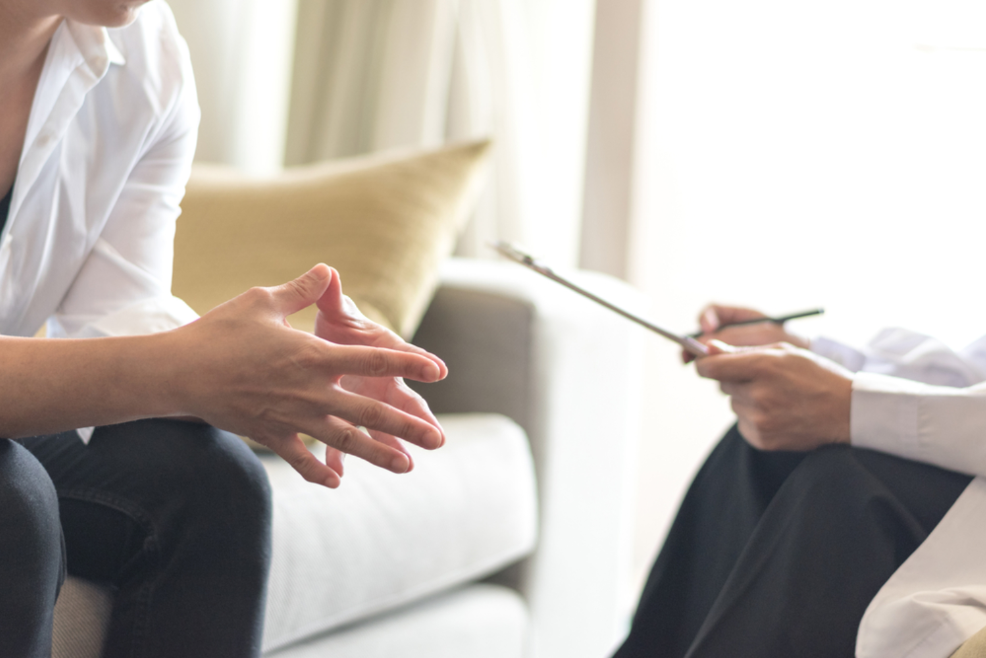Contacting a Therapist the first time is intimidating! I know the first time I reached out when I first moved to this area and was experiencing a lot of anxiety, it was so hard to take the first step to contact someone for help. The first time you call you feel uncertain and you don’t know what to expect. It is opening yourself and being vulnerable that can feel scary and uncomfortable. I thought it would be helpful to first let you know that you are not alone! Most people have those same feelings the first time they reach out. The good news is anxiety and depression treatment are effective and can help you find some relief.
I wanted to share what to expect may help ease your mind and know what to expect once you go to your first appointment.
The First Session
This session is all about getting to know each other. The Therapist will have you fill out some paperwork and get some background information. Usually this session involves a lot of questions from the Therapist as they try to identify what your concerns are, any symptoms you are having and the level of difficulty you are experiencing. You also will be sizing up your Therapist to see if they are a good fit for you. Don’t be afraid to ask questions about their training and treatment modalities. This is to be expected at the first meeting. This is a good time to discuss how often you will be attending therapy as all Therapists are different in what they require as far as how often you should attend.
The Second Session
This session is about continuing to build that therapeutic relationship with the Therapist. This can focus on what coping skills you are currently using, what social supports are available to you and a time the Therapist may clarify any information shared from the previous session that may be unclear to them. This session can involve more time diving into what goals you want to achieve in therapy.
Sessions after this
Every Therapist has a different style and way of implementing their sessions. I start mine with a check in sheet to assess your level or anxiety and/or depression, assess how things are going at home and work and leave a space for you to discuss what you want to focus on in therapy today. This is a good starting space for the therapy session. Remember these sessions are about you and your concerns so coming with something to talk about can really help get the ball rolling.
It can help to keep a therapy notebook to write down things that trigger you during the week and bring that to session in case you forget by your appointment date. Or make a note in my patient portal which has secure email and a journaling option. Otherwise it can be easy to forget some things that might be of importance to discuss.
Most Therapists will also assess where you are with your progress and check in with you about this at times. There may be times that therapy brings up some difficult issues and you may feel worse sometimes after therapy but that is completely normal. Don’t give up! This means you are still processing and working through some issues and it will get easier.
Therapy for most people lasts from 10-15 sessions depending on insurance or how much you can afford out of pocket. If you have more deep rooted issues and trauma, you may need to go for an extended amount of time.
I hope you found this helpful to determine what to expect in therapy. If you are seeking treatment for anxiety or help with depression, you can reach out to us for a free no obligation 20 minute consultation 984-500-2021 or shoot us an email at pathtohopec@hushmail.com. You are also welcome to send us any other questions you might have about the therapy process.




